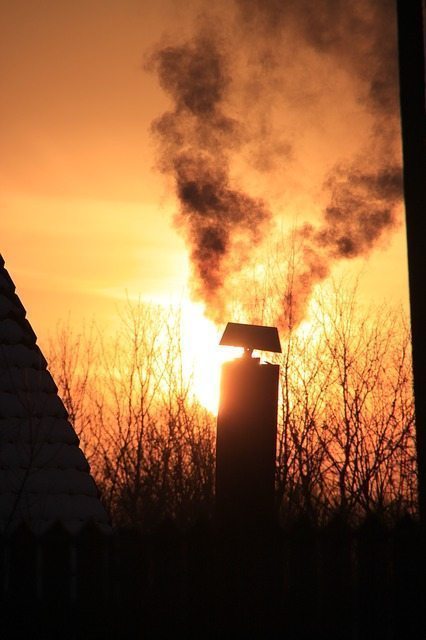
What’s The Difference Between Gas and an Oil Furnace?
One of the biggest differences between natural gas fired furnaces, and an oil furnace, is that oil requires a lot more maintenance prior to, and during the heating season. You should always consider hiring a professional, experienced HVAC mechanic to complete scheduled maintenance on your oil furnace. Be sure whoever you hire has an extensive background and experience in “tuning” oil burners as these types of systems tend to be finicky at times. You may be surprised to learn that finding a qualified technician could become difficult since more and more people are changing to more modern, more efficient sources of heat.
What To Look Out For
There are a few things you as the homeowner can look out for. If you use an oil furnace for heat, one of the easiest things to do is periodically look at your chimney, of course when your furnace is running, and take notice what color the exhaust is. If the exhaust from your oil burner is dark, either dark brown or black you can assure your furnace is burning to “rich”, meaning there’s to much fuel being fed. The result of your oil furnace running to “rich” is, the exhaust turns black and you are wasting fuel, and money. The exhaust coming from your chimney should be nearly invisible. So, the next time you know your furnace is running, step outside and look up. If something doesn’t look right, call 717-843-7894.
Another important item to look at is the level of fuel in your tank. It’s important to at least keep a mental note at minimum, of how much fuel you typically use over a period of time. If you know you usually use say, 100 gallons a month when the temperature is approximately 35 degrees outside, now suddenly your using 125 gallons, a light bulb should go off and it’s time to call R.E. Sanders. Allowing your furnace to run out of fuel has a few negative results as well. If you run out fuel, your unit will require re-priming. You also run the risk of allowing the sediment at the bottom of your oil tank, (if you tank is old) to run through your unit, which can clog filters and spray nozzles.
By paying attention to just a few simple items, you can be confident that your oil furnace is giving you the biggest bang for your buck.
Call Today!!
For extra safety and peace of mind, ask the professional crew at R.E. Sanders how to make your system perform at it’s peak efficiency, and how to help eliminate costly repairs. Call us today at (717)843-7894, and ask for Joel to set up an in home consultation, or, if you prefer, log onto www.resandersplumbing.com and leave us a message or click to chat. While you’re there, be sure to subscribe to our blog for the most recent and up to date trends in the heating and cooling, plumbing, and electrical industry.
